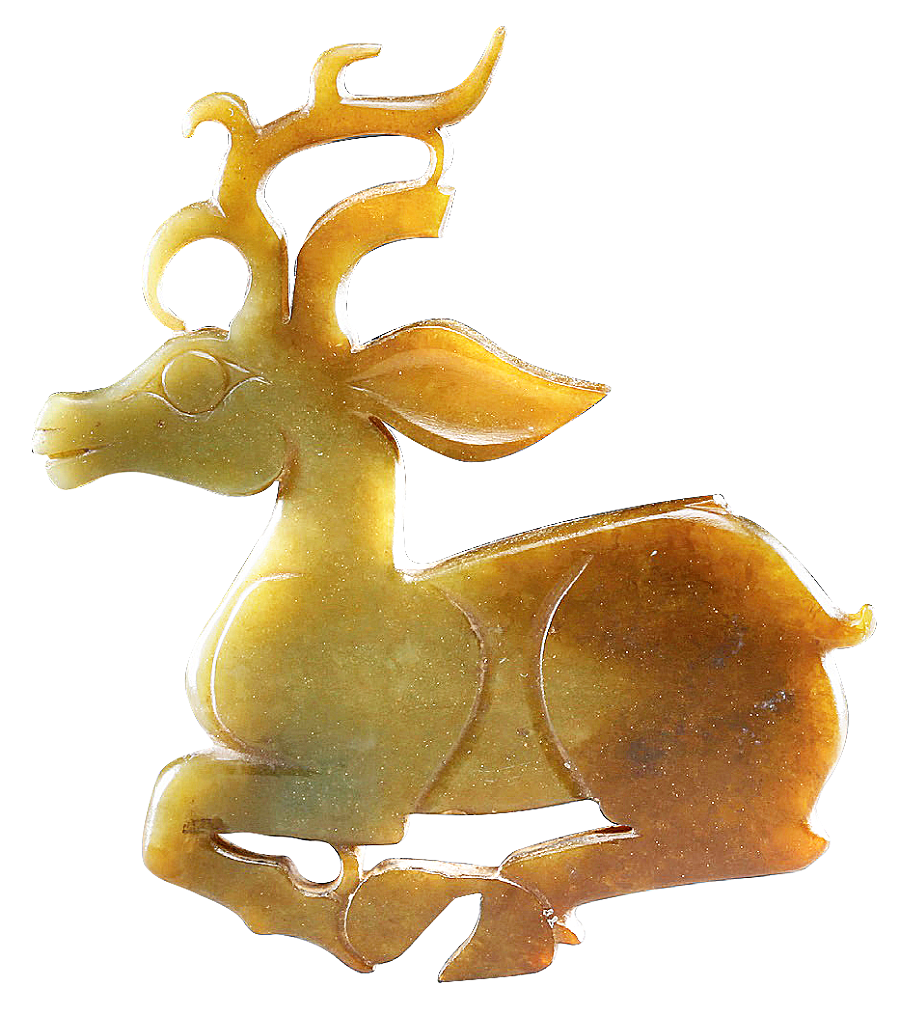

The common challenge every state faced to survive and be strong cast into doubt the validity of a bureaucracy filled entirely by members of the aristocracy. As a remedy, educated individuals of merit were brought into government. Largely coming from the giant pool of "commoners", these men, who formed the shi class, were to dominate the political, social and cultural dialogue of ancient China.
"Members of this class were eager to impose on larger society their moral and aesthetic standards," Zuo says. "And jade was chosen to convey a sense of righteousness that they believed had provided justification to their newfound social status."
This new reinterpretation led to both the democratization and secularization of jade usage, he says. "During Western Zhou, meticulously crafted ritual jade, the discs for example, were routinely given by the Zhou rulers to vassal kings as gifts and tokens of recognition. While these continued to be made during Eastern Zhou, many ornamental and utilitarian jade pieces were also produced to meet the demands of those who either identified with jade or simply treated it as an object of beauty."